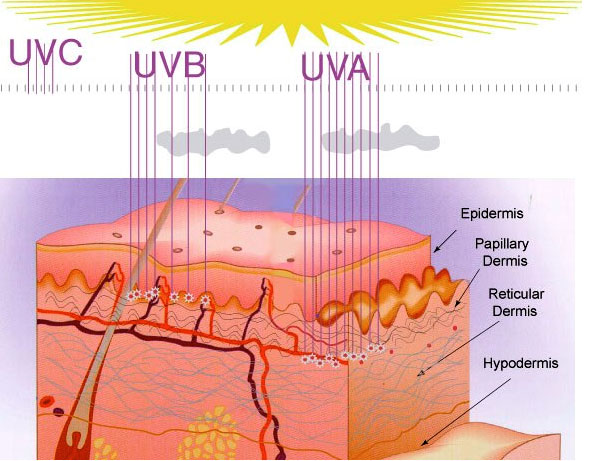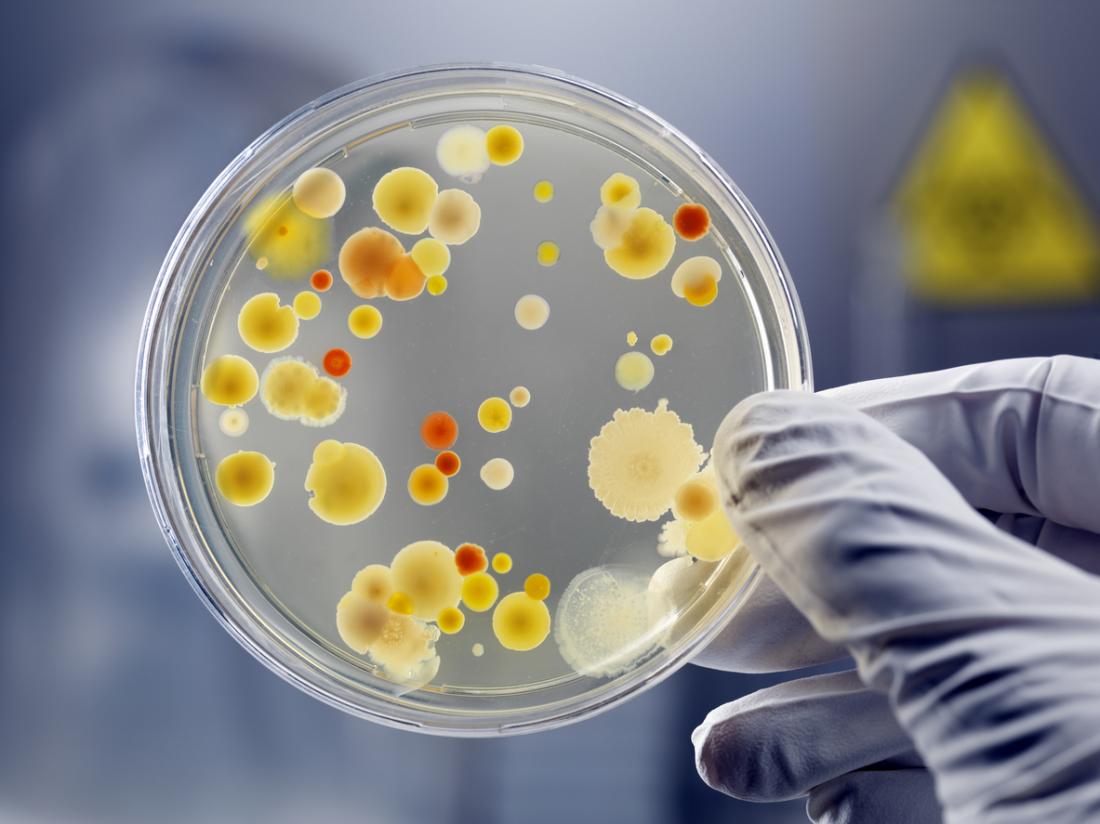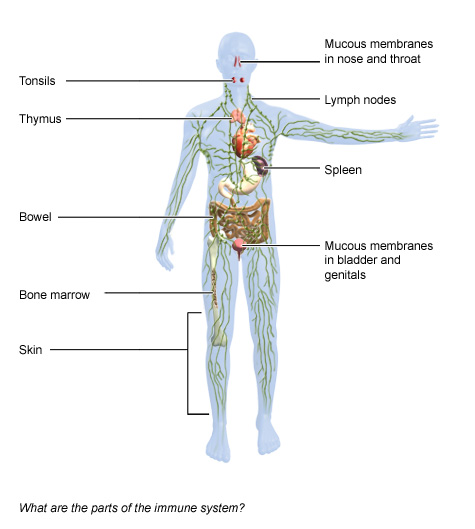Each cancer is thought to first start from one abnormal cell. What seems to happen is that certain vital genes which control how cells divide and multiply are damaged or altered. This makes the cell abnormal. If the abnormal cell survives it may multiply out of control into a malignant tumour. We all have a risk of developing cancer. Many cancers seem to develop for no apparent reason. However, certain risk factors are known to increase the chance that one or more of your cells will become abnormal and lead to cancer. Risk factors include the following:
Cause of Cancer
CAUSE OF CANCER
What causes cancer?
Chemical carcinogens
carcinogen is something (chemical, radiation, etc) that can damage a cell and make it more likely to turn into a cancerous cell. As a general rule, the more the exposure to a carcinogen, the greater the risk. A list of known and suspected chemical carcinogens can be found at http://msds.chem.ox.ac.uk/carcinogens.html and well known examples include:
Tobacco smoke Smokers are more likely to develop cancer of the lung, mouth, throat, oesophagus, bladder and pancreas. Smoking is thought to cause about a quarter of all cancers. About 1 in 10 smokers dies from lung cancer. The heavier you smoke, the greater the risk. If you stop smoking, your risk goes down considerably.
Workplace chemicals such as asbestos, benzene, formaldehyde, etc. If you have worked with these without protection you have an increased risk of developing certain cancers. For example, a cancer called mesothelioma is linked to past exposure to asbestos.
Age
Older you become, the more likely you will develop a cancer. This is probably due to an accumulation of damage to cells in the body over time. Also, the body’s defences against abnormal cells may become less good as you become older. For example, the ability to repair damaged cells, and the immune system which may destroy abnormal cells, may become less efficient with age. So, eventually one damaged cell may manage to survive and multiply out of control into a cancer. Most cancers develop in older people.
Lifestyle factors
Diet and other lifestyle factors can alter the risk of developing cancer. For example:
• If you eat a lot of fruit and vegetables you have a reduced risk of developing certain cancers. The exact way in which they protect against cancer is not fully understood. These foods are rich in vitamins and minerals, and also contain chemicals called antioxidants. They may protect against damaging chemicals that get into the body. We should all eat at least five portions of fruit and vegetables per day (some experts recommend even more).
• Eating too much fatty food possibly increases the risk of developing certain cancers.
• The risk of developing certain cancers is increased by: obesity, lack of regular exercise (physical activity), and drinking a lot of alcohol.
For example, one large research study (cited below) followed up over 55,000 people for 10 years. It looked at lifestyle factors and rates of cancer. The study concluded that by following recommendations on keeping physically active, keeping weight in check, not smoking, drinking alcohol in moderation and having a healthy diet, the risk of developing bowel cancer could be reduced by as much as 23%. But, the study found that even improvement in some of these lifestyle factors had some reduction in risk.
Most cancers are probably due to a combination of factors
Not everybody who comes into contact with a carcinogen or has an unhealthy lifestyle will develop cancer. For example, not all smokers develop cancer of the lung. In fact, we are all probably exposed to low doses of carcinogens a lot of the time. The body has certain mechanisms that may protect us from developing cancer. For example, it is thought that many cells that are damaged by carcinogens can repair themselves. Also, the body’s immune system may be able to destroy some types of abnormal cells before they multiply into a tumour. Perhaps one carcinogen may only damage one gene, and two or more genes may need to be damaged or altered to trigger the cells to multiply out of control. In many cases it is likely that a combination of factors such as genetic make-up, exposure to a carcinogen, age, diet, the state of your immune system, etc, plays a part to trigger a cell to become abnormal, and allow it to multiply out of control into a cancer.




